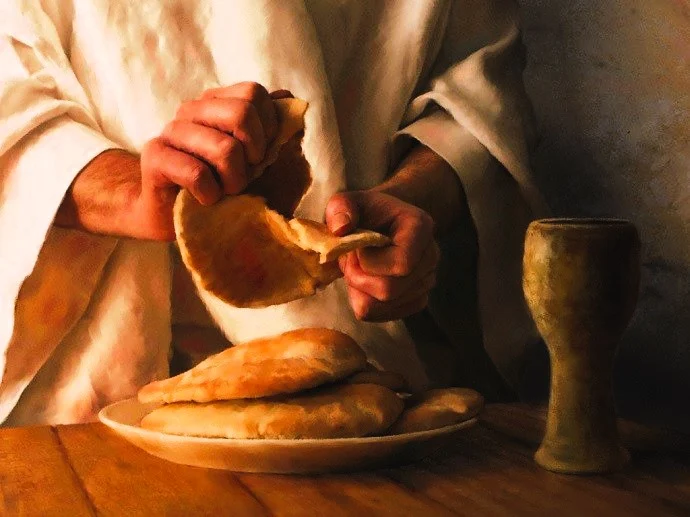Jn 16: 12-15
Dear Friends, Jesus said, “I have much more to tell you but you cannot bear it.” (Jn 16: 12).Our celebration of this feast of the Blessed Trinity is the most profound and most simple expression of all reality. God is love. One clear aspect of this foundational truth is the relations of the Father, Son and Holy Spirit. We are invited through the gospel to mirror this love in our lives.
Teresa of Avila, the great Carmelite Saint and Doctor of the Church, was one who learned how to hear this truth of God. Through a long process of purifying mystical experiences and a dedicated life of prayer and service, she learned much of Jesus’ hidden message about the mystery of God that we call the Trinity.
She reduced her insights into a simple truth, a truth that transformed her life. God is the Creator. We are the creature. God, the Creator, is a loving and merciful savior. We, the creature, sinful and broken, are, nevertheless, loved and forgiven. This led Teresa to transform her life to put God at the center and herself at the fringe. She came to understand her life as the story of God’s mercy. For Teresa, the Trinity was a love story that she encountered in the lived reality of her life.
A learned pagan philosopher described the Christians in the second century this way: They love one another. They never fail to help widows; they save orphans from those who would hurt them. If they have something, they give freely to the person that has nothing; if they see a stranger, they take him home and are happy as though he were a brother. They do not consider themselves brothers in the usual sense, but brothers instead through the Spirit, in God.
On this feast of Trinity Sunday, we recall that Jesus is the full revelation of God, a God of unlimited and unconditional love. All of Jesus’ teachings are anchored and contained in this command that we love as Jesus has loved us. This is how we share in the mystery of the Trinity. It is not information to be gained. It is the very foundation of reality that must guide our lives. It is love that must be lived.
The real message of the Trinity is not some profound super Jeopardy question. It is an invitation into the fullness of the gospel of Jesus Christ. This message of the Father, Son and Holy Spirit as love is most clearly revealed in the Crucified Christ on the cross.
In the seventh dwelling places of The Interior Castle, Teresa has a simple message for us: embrace God’s will in good works and love along with forgiveness of your sisters and brothers. In the end, it is all about love. It is in this loving relationship with our neighbor that we manifest our deepest relationship with God. This life of love, in turn, reveals the saving action of God in our lives. Love makes this profound complexity become a simple entrance into the God who is love.
Jesus invites us into the mystery of love and life that is the Father and Son and Holy Spirit. The choice is ours. We can accept it or reject it.
This choice brings us into the great irony of life. Our brokenness drives us to think and act as if we have a better plan than God. Our choices make us think that we are seeking true happiness. In the process of our sinfulness, many just reject Jesus altogether. Others spend a lifetime placing side bets and trying to reconfigure Jesus into a more comfortable, watered down version. We want the price to be right according to our standards and not the gospel. Few have the openness to live as the early Christians described by the pagan philosopher.
The great joy of today’s feast and every proclamation of the gospel is that God never gives up on us. In Jesus, we are constantly called to accept Him as the way, the life and the truth. Slowly, life tends to teach us that Jesus really does have a better plan both for here and hereafter. We learn that our life, like that of Teresa’s, is the story of the mercy of God.





























